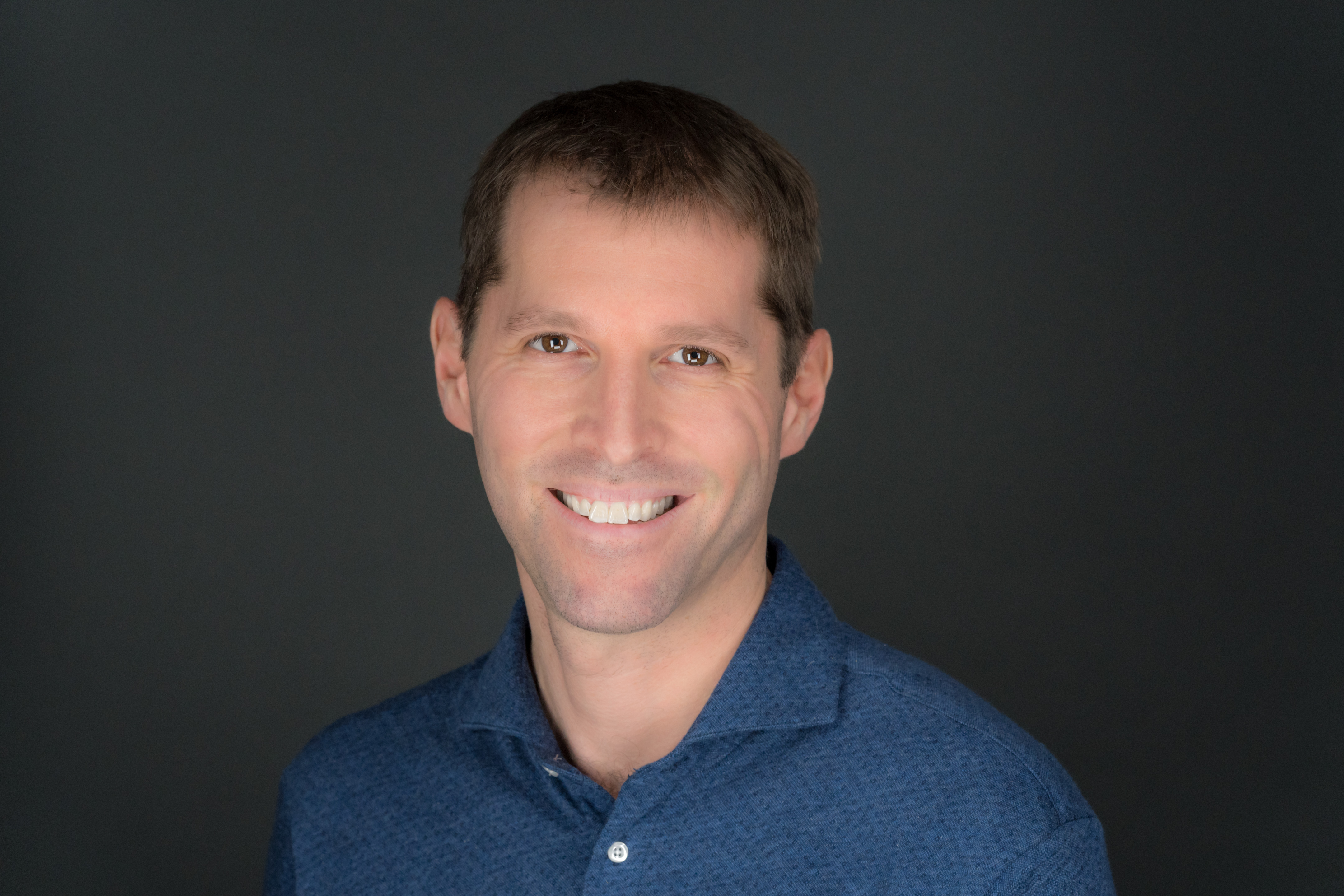It’s funny how different threads in life come together in unexpected ways.
Last weekend I read the news of Tom Brady’s impending retirement, which was confirmed on Tuesday. The news immediately took me back to a memory from five years ago of how my son and I took an improbable trip to the greatest Super Bowl comeback in history. It remains one of my favorite and most popular Friday Forwards to this day.
As I detail in that story, that experience never would have happened had I not written a Friday Forward about regret just a few weeks earlier, which featured the learnings of a hospice nurse whose patients shared their biggest regrets in life.
As Brady’s retirement triggered my memory about regrets, I coincidentally released my latest Elevate Podcast episode with one of my favorite authors and thought leaders, Dan Pink. Pink’s brand new book, which we discussed in detail on the episode, is called The Power of Regret.
In researching the book, Pink found there are two major types of regret in life: things that we did and things that we wish we had done. Pretty much all regrets are matters of commission and omission. But there is one key difference between the two, and that is how we tend to view those regrets later in life.
While we sometimes regret things we have done in life, we are often fortunate enough to be able to reverse those situations, to apologize for them, or to make amends with people we may have hurt. As an example, Pink shared that many former high school bullies seek out the kids they tormented in the past, reconnect with them and apologize, with a positive outcome for both people. In this way, these regrets of commission can be fixed in some way.
But the majority of our regrets, by far, fall into the omission category. Our biggest regrets, especially when we reexamine things at the end of our life, are the things we didn’t do and the risks we didn’t take. Common regrets in this category include not asking someone out, not studying abroad in college, not starting a business, not moving to our dream city and other missed opportunities. As Pink put it, “People regret playing it safe.”
If most of our regrets stem from failing to take a chance, that’s an interesting lens through which to examine our thinking about risk. In particular, this applies to two major components of risk: psychological risk and financial risk.
Psychological risk represents our fears of change, rejection, embarrassment, missing out and other psychological implications. These fears are what lead people to avoid going abroad or opting not to ask someone out. What we often fail to recognize in the moment is that many psychological risks in life are short-term; the discomfort or embarrassment we feel when things don’t go our way rarely lasts a lifetime.
Financial risk can be very different, depending on the context. For example, quitting your job to start a new business could have real, lasting consequences for your family if your new venture fails. This is where having a baseline level of financial security is paradoxically essential to having the confidence to take risks. If you have no savings, live paycheck-to-paycheck or spend far beyond your means, taking a financial risk is much harder, unless you have nothing to lose. We think of a rainy day fund as protecting our downside, but it also increases our upside by increasing our ability to take chances.
The next time you have a decision to make, especially when some risk is involved, carefully consider how a lifetime of wondering “What if?” might compare to a few hours, days or weeks of discomfort or embarrassment.
I know I would have always regretted missing the greatest Super Bowl in history with my son if I had the opportunity at my fingertips and let it slip away.
Also, you won’t regret listening to my interview with Dan Pink to learn more about what we can learn from regret.
Originally published on https://www.robertglazer.com/


